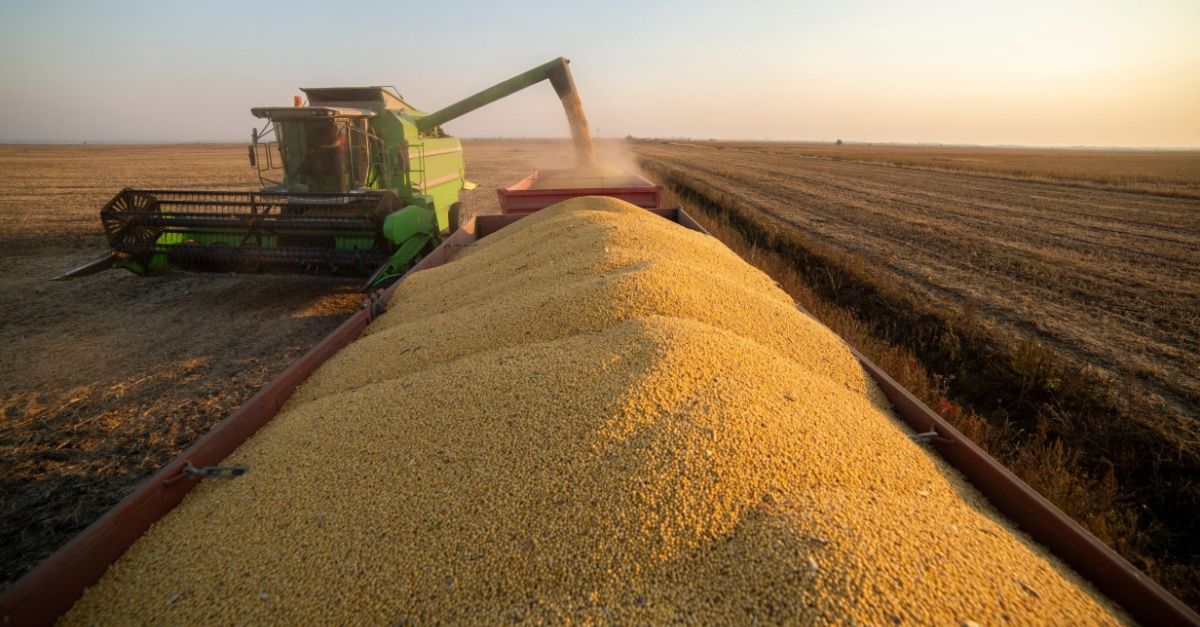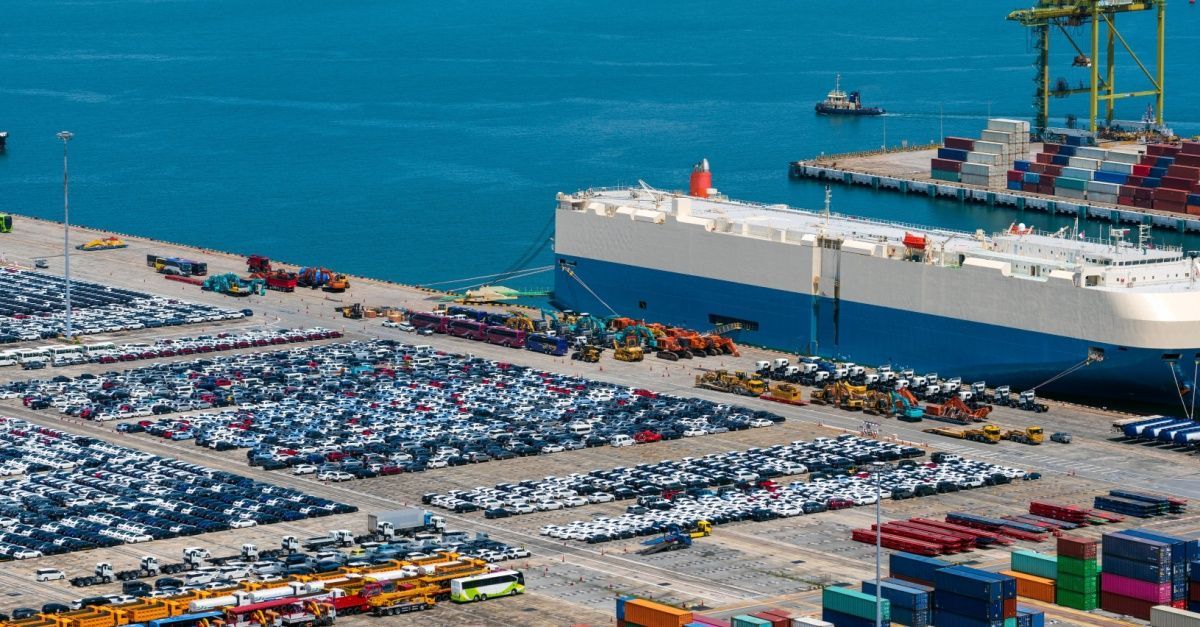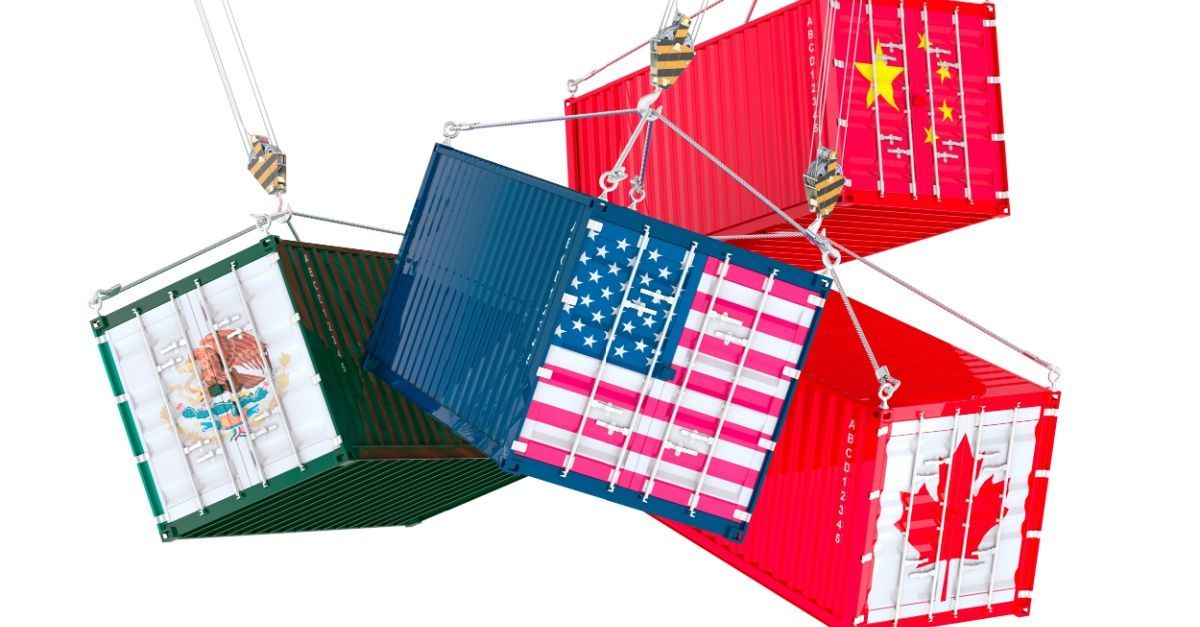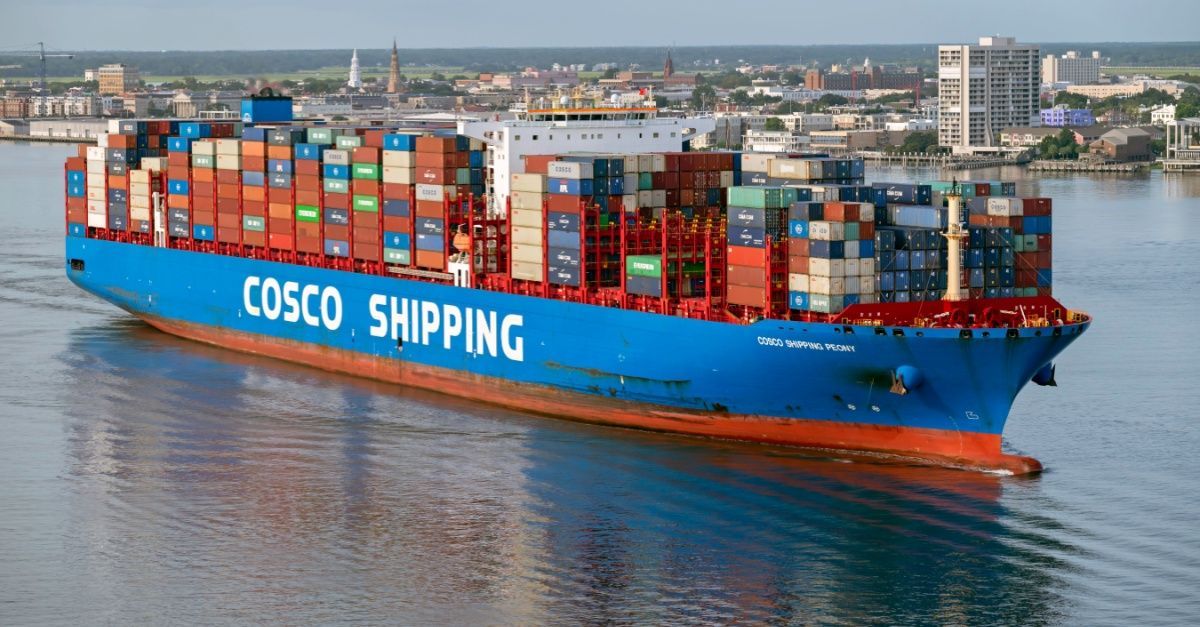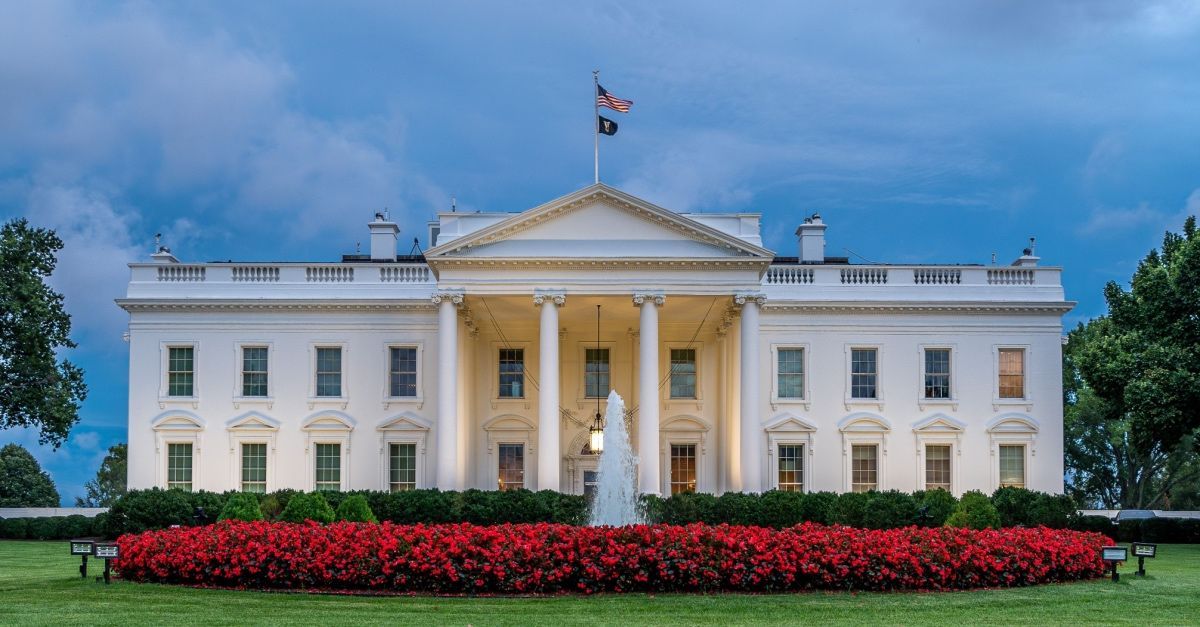Peak Shipping Seasons: How a 3PL Navigates Shippers for Any Season
Blog Post CTA
Peak Shipping Seasons: How a 3PL Navigates Shippers for Any Season
Shipping freight typically follows a predictable pattern. Depending on the season, different business verticals sometimes have ebbs and flow. This means that at certain times of the year, truck capacity might be readily available in certain areas of the US, or it might not be. When trucks are in high demand, shippers often have a harder time finding capacity for their loads.
This is a particular challenge in the food industry. Most products have a relatively
short shelf life, and any excursion outside of their required temperature can lead to spoiled deliveries or costly recalls. Working with the wrong carrier can directly impact a business’s health.
Fortunately, foodservice providers don’t have to maneuver through a busy period alone. They can enlist the help of a freight broker to handle the peak season challenges for them.
What is the Peak Season Shipping Period?
Peak shipping season refers to the period of time when shipping orders and load volumes increase for shippers.. It’s when there’s more inventory to transport and store, which in turn can lead to equipment shortages and other bottlenecks in a company’s supply chain.
Shippers all have different seasonalities. For example, the produce industry’s peak season differs from retailers who generally ship more before the holidays. In this article, we’ll explain the four peak shipping seasons, including how long each season lasts and which business verticals see an increase in volume during peak season. We’ll also explain how to manage freight more optimally, no matter which season it occurs.
What is Peak Season Shipping vs. Black Swan Events?
First, it might be helpful to explain what a peak season is
not. Peak shipping season is different from a black swan event. In fact, the two differ in some pretty significant ways.
Black Swan Events Are Unpredictable
A black swan event refers to when an unprecedented and unpredictable event occurs that
often has far reaching consequences. It could be thought of as an incident who’s likelihood is low, but who’s impact is high. Some examples of a global black swan event include the 2008 financial crash or the current Covid-19 pandemic. A positive example of a black swan event could include the invention of the internet or the smartphone, which led to an acceleration of e-commerce, creating a surge in need for more parcel shipping and last mile deliveries.
Black swan events can also happen locally. For example, a hurricane, port labor strike, or an unexpected factory shutdown could all be considered black swan events that can disrupt shipping networks and cause a burden for companies.
Peak Seasons Are Known Ahead of Time
Peak seasons are not black swan events. That’s because They are not unexpected events, but rather seasonal changes that shippers can anticipate. Shippers and carriers alike know when peak season will occur and how long it will last, and they usually plan ahead of time to prepare themselves.
A 3PL Can Help Shippers Navigate Peak Season
The upside of using a
third party logistics provider is that they can help shippers manage their peak season each year. Freight brokerages, another common term for 3PL, generally have a national network of vetted carriers that they can call on, no matter how tight the capacity might be. Experienced 3PLs can often anticipate seasonality of freight by developing the right carriers and planning ahead for when peak shipping season hits.
What are the Major Peak Season Shipping Periods to Know?
Just as there are four seasons in a calendar year, there are also four distinct periods in freight shipping.. These are often referred to as the “four seasons of freight.” They tend to mirror the weather and the holidays that occur within that quarter.
The Quiet Season
The quiet season generally takes place from the beginning of January until the end of March. It’s marked by cold weather and slow freight patterns. The quiet season might involve loads that require reverse logistics, often called returns, as it comes on the heels of gift-giving season. We have all experienced needing to return something to a store. That store has to have some mechanism to process those returns, and during the beginning of any year, returns surge in volume.
Significantly, the quiet season is also the time when truckload contracts begin to ramp up as contracts expire. During this time, shippers will submit requests for proposal (RFPs), and carriers respond with a bid detailing their prices and service levels on various lanes for the year or quarter.
Freight brokerages, such as
Entourage Freight Solutions, use carrier market analytics going into RFP season to prepare negotiations with carriers around data vs anecdotes, to ensure the pricing is sound and fair for both parties. Having data on carrier rates and performance puts brokers in a position to negotiate optimal contract rates for their shipper clients.
Produce Season
Once the quiet season concludes, the period that follows is called the produce season. This is the time when major agricultural regions in the US and Mexico have their harvest and ship their commodities around the country. Freight volumes start to pick up, and carriers tend to gravitate towards growing regions to maximize their profit margins. In other words, truck capacity generally tightens up.
The produce shipping season typically lasts from April through July. During this period, rates begin to rise and it may become harder to find a carrier to work with. Other shippers who are not moving produce may be surprised to find that some carriers are only willing to haul produce in this season because the rates are generally higher.
Produce season is a particularly busy time for companies like
Entourage Freight Solutions. Brokerages and 3PLs specializing in transporting food items quickly and safely will see an increase in demand to manage higher freight volumes for shipper customers. Brokerages track shelf life and temperature continuously, and follow guidelines laid out by the
Food Safety Modernization Act.
Once a shipment gets outside of its temperature range, it could be destroyed in a matter of minutes. That’s why it's important to work with companies that provide
continuous temperature monitoring and frequent operational updates to ensure your perishable commodities arrive on time. From the time a pickup is tendered until it arrives at its destination, it’s important that shippers receive updates on their load status. Safety, visibility, and proactive communication are important for any shipment, but for expedited produce,
they are essential.
Peak Season
As the produce shipping season winds down, it is replaced with what the industry calls peak shipping season. That’s the time when retail companies get inventory in place for a buying spree from consumers. Annual holidays and shopping events during back to school season, Halloween, Thanksgiving, Black Friday, and Christmas precipitate a wave of sales. important to have enough stock available to meet demand. Most of this inventory is shipped between August and October. During peak shipping season, freight volumes and rates tend to hit their maximum.
Holiday Peak Shipping Season
The year concludes with the holiday peak season, which overlaps with a lot of the freight shipped during peak shipping season. Fom November through December, consumers buy gifts for friends and family, while shippers rush to complete orders to complete their business year and the new year begins. . Carriers are also busy moving loads and handling last minute orders and returns. It’s also a time when drivers and other employees often request time off, which sometimes leads to capacity issues during the holidays.
How a 3PL Helps Shippers Navigate any Peak Season
Three quarters of the year are a hectic time for carriers. And the calmest time of the year is usually consumed with business planning. Shippers who move temperature-controlled food products have more transportation requirements than other shippers. But executing a transportation management strategy, or even getting the attention of a carrier in this environment can sometimes be challenging.. Fortunately, shippers can outsource transportation to a reliable third party logistics provider, or 3PL, that can help them navigate the somewhat chaotic capacity issues that face the U.S. freight market.
Help Manage By Exception
Most shipping exceptions, i.e. deviations from the norm, like incorrect labels, damaged freight, or vehicle breakdowns, are confined to a single order or batch of orders, but they can still bullwhip back through other processes and cause an inordinate amount of failure. A freight broker can handle these hiccups, so that shippers don’t have to pause the work day to tend to a mishap.
Help Find Capacity
Trucking capacity often gets tight during peak and produce seasons. A 3PL provides access to a large network of vetted carriers, and uses data to find optimized shipping routes. Plus, they offer a large volume of business, which makes them attractive to carriers and provides more leverage than most individual companies have.
Turn a Shipper into a Shipper of Choice
A shipper of choice is a company that carriers want to work with because of the value provided by the partnership. Shippers of choice are flexible, reliable, and easy to work with. By working with a 3PL, companies can gain preferred shipper status by proxy. Additionally, a 3PL can handle the planning and communication that go into becoming a shipper of choice.
Leverage Technology
Most freight brokers today use a transportation management system or other visibility tools, such as real-time tracking devices for temperature logging and other platforms that utilize GPS and telematics to know where the freight is in-transit at any time. Entourage Freight Solutions utilizes IoT-enabled tracking to monitor temperature, status and location of goods, and automatically push that information back to shippers.
Offer Dedicated Freight Services
Dedicated transportation means a carrier has agreed to haul loads for a set rate over a specific period of time. A dedicated transportation arrangement comes with numerous benefits to shippers, like dedicated capacity and better quality tracking. Freight brokerages like Entourage will negotiate dedicated freight services on behalf of their shipper clients.
Partner With Entourage Freight Solutions to Navigate Peak Season Challenges
There are no easy seasons in freight transportation. No matter what vertical a shipper is in, they are impacted by the ebb and flow of other businesses vying for capacity. Truck capacity is a limited resource. Finding space during a busy shipping period can sometimes be challenging, especially for large companies.. It’s even tougher for expedited, temperature-controlled shipments.
Working with a 3PL like Entourage Freight Solutions can mitigate many of these difficulties. Entourage provides dedicated transport solutions to make sure that shippers have capacity year round, no matter what shipping season it is. All shippers have to do is focus on their business.
Reach out to Entourage Freight Solutions today and check ‘handle peak season’ off your to do list.
